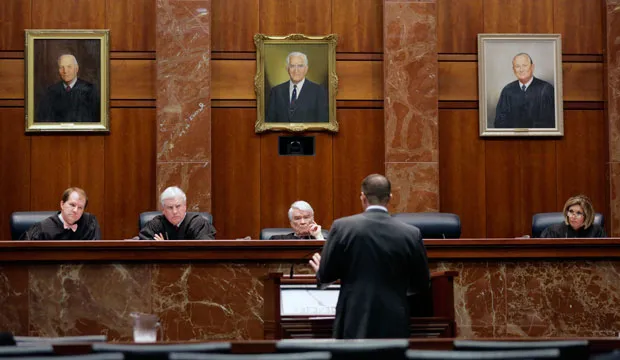
In recent developments surrounding the estate of the late musician Liam Payne, a court has issued a legal order to help settle several complex matters related to his inheritance and assets. Payne, who rose to fame as a member of One Direction and later pursued a solo career, passed away under tragic circumstances, leaving his family and close associates facing both personal and financial challenges. As the family seeks closure, the court’s recent decision aims to bring clarity and fairness to the distribution of his estate.
The legal order involves the allocation of Payne’s significant assets, including his properties, business interests, and royalties from his music career. Given his global fame and substantial fan following, Payne’s estate is estimated to be quite valuable, which has added layers of complexity to the proceedings. The court’s directive mandates the appointment of a trustee to oversee the estate, ensuring that all assets are accounted for and distributed according to Payne’s last wishes or, in the absence of a will, in accordance with inheritance laws.
One key area of concern has been the legal rights of his immediate family members. Payne was known for his close ties with his family, who now face the emotional task of managing his legacy. Reports indicate that Payne’s estate may also include significant intellectual property rights, encompassing unreleased music and other creative projects he was working on at the time of his death. These assets could continue to generate income for years to come, adding further considerations for the estate management process.
Additionally, the court’s legal order addresses the involvement of any business partners and stakeholders in Payne’s professional ventures. The directive mandates that all agreements with his collaborators be honored, preventing any potential disputes that could arise over profits from his past work. This decision reflects an effort to ensure that all parties connected to Payne’s professional legacy are treated equitably.
In the coming months, the family and legal representatives will work closely with the appointed trustee to carry out the court’s orders. This process, while arduous, promises a structured path toward resolution. For Payne’s family, the court’s ruling is a step toward preserving his legacy and ensuring that his contributions to music and his loved ones are honored respectfully.




